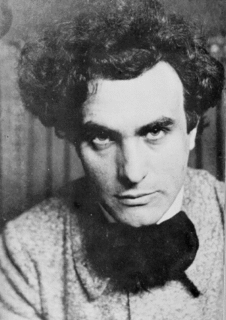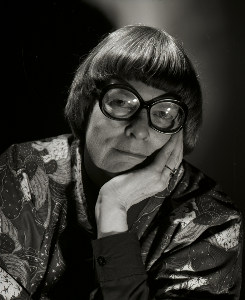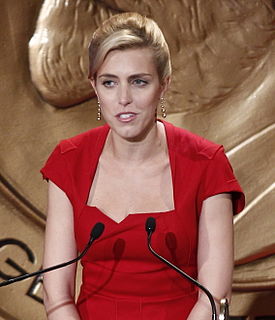A Quote by Robert Rauschenberg
The artist's job is to be a witness to his time in history.
Related Quotes
I know that God is our Father. He introduced His Son, Jesus Christ, to Joseph Smith. I declare to you that I know that Jesus is the Christ. I know that He lives. He was born in the meridian of time. He taught His gospel and was tried. He suffered and was crucified and resurrected on the third day. He, like His Father, has a body of flesh and bone. He made His Atonement. Of Him I bear witness. Of Him I am a witness.
My dad was always such a frustrated artist. He always worked very hard to support his family, doing a bunch of ridiculous jobs. He wanted to be a painter, but then he also wrote science-fiction novels in his spare time. He was always so frustrated having to work to support the family that I was like, I'm never going to do that. I don't want to just be working a menial job to support my family and dreaming of being an artist. We learn from our fathers in that way.
That's the difference between the serious artist and the craftsman--the craftsman can take material and because of his abilities do a professional job of it. The serious artist, like Proust, is like an object caught by a wave and swept to shore. He's obsessed by his material; it's like a venom working in his blood and the art is the antidote.
If a carpenter makes a chair that's comfortable for the person who's going to sit in it, he's done his job. If a train engineer gets a train in on time, he's going to make someone happy who's waiting at the station. And if an artist draws the kind of a picture that people are going to enjoy looking at, or he makes a visual story which people are going to enjoy reading, he's done his job.








































